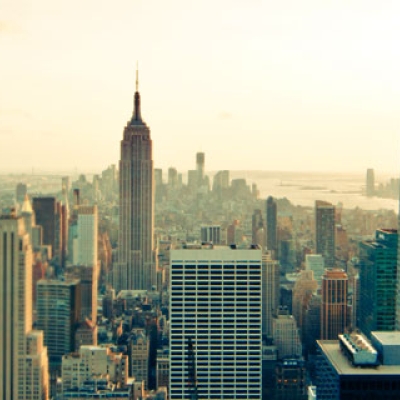
Renewable Energy Around the World and At Home
By Yoram Bauman, Peter Fox-Penner, Richard Heinberg / On July 26th, 2016
Around the world, renewable energy is making headlines: last May, clean energy supplied almost all of Germany’s power demand for one day, while Portugal ran entirely on renewable energy for 107 hours straight. We asked some of our authors how these accomplishments will affect the way other countries think about renewable energy, and what this means for the US. Check out what they had to say below.






